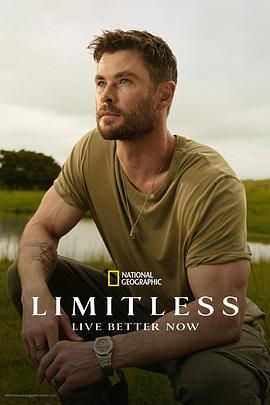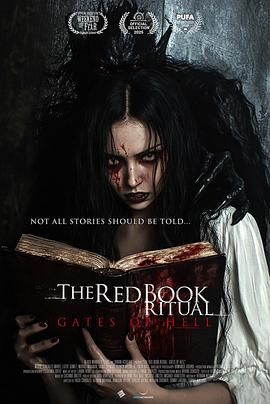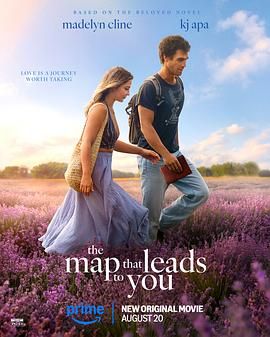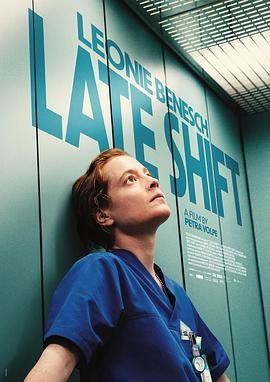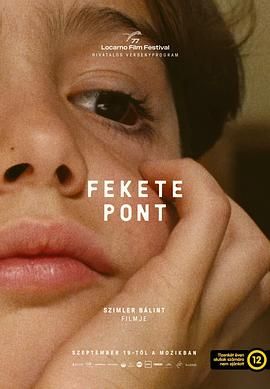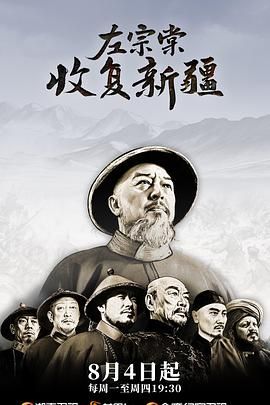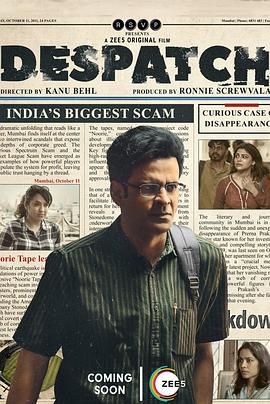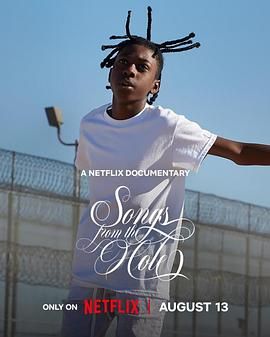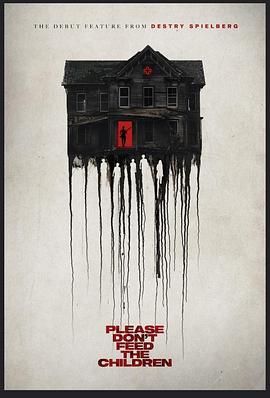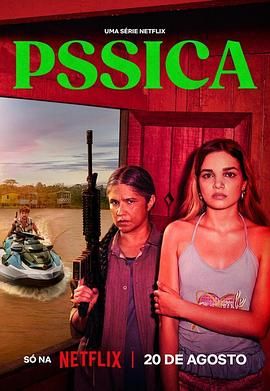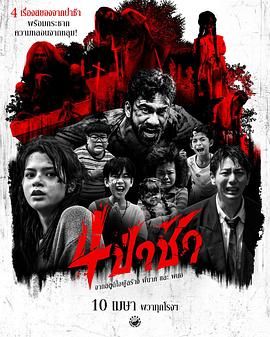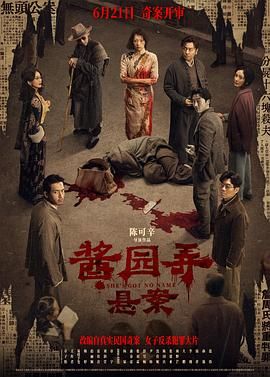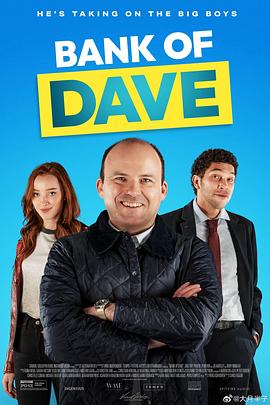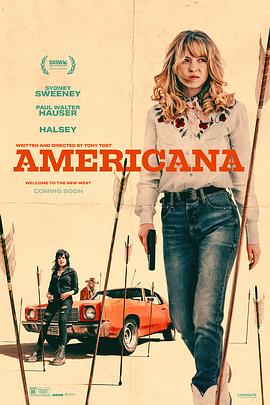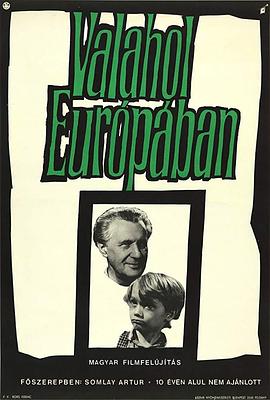
上映:
1948-11-19
备注:
HD中字
剧情:
Somewhere in the remote region, the war ends. In the midst of ruined cities and houses in the streets, in rural hamlets, everywhere where people still live, are children who have lost their homes and parents. Abandoned, hungry, and in rags, defenseless and humiliated, they wander through the world. Hunger drives them. Little streams of orphans merge into a river which rushes forward and submerges everything in its path. The children do not know any feeling; they know only the world of their enemies. They fight, steal, struggle for a mouthful of food, and violence is merely a means to get it. A gang led by Cahoun finds a refuge in an abandoned castle and encounters an old composer who has voluntarily retired into solitude from a world of hatred, treason, and crime. How can they find a common ground, how can they become mutual friends The castle becomes their hiding place but possibly it will also be their first home which they may organize and must defend. But even for this, the price will be very high. To this simple story, the journalist, writer, poet, scriptwriter, movie director, and film theoretician Béla Balázs applied many years of experience. He and the director Géza Radványi created a work which opened a new postwar chapter in Hungarian film. Surprisingly, this film has not lost any of its impact over the years, especially on a profound philosophical level. That is to say, it is not merely a movie about war; it is not important in what location and in what period of time it takes place. It is a story outside of time about the joyless fate of children who pay dearly for the cruel war games of adults. At the time it was premiered, the movie was enthusiastically received by the critics. The main roles were taken by streetwise boys of a children's group who created their roles improvisationally in close contact with a few professional actors, and in the children's acting their own fresh experience of war's turmoil appears to be reflected. At the same time, their performance fits admirably into the mosaic of a very complex movie language. Balázs's influence revealed itself, above all, in the introductory sequences an air raid on an amusement park, seen in a montage of dramatic situations evoking the last spasms of war, where, undoubtedly, we discern the influence of classical Soviet cinematography. Shooting, the boy's escape, the locomotive's wheels, the shadows of soldiers with submachine guns, the sound of a whistle—the images are linked together in abrupt sequences in which varying shots and expressive sharp sounds are emphasized. A perfectly planned screenplay avoided all elements of sentimentality, time-worn stereotypes of wronged children, romanticism and cheap simplification. The authors succeeded in bridging the perilous dramatic abyss of the metamorphosis of a children's community. Their telling of the story (the scene of pillaging, the assault on the castle, etc) independently introduced some neorealist elements which, at that time, were being propagated in Italy by De Sica, Rossellini, and other film artists. The rebukes of contemporary critics, who called attention to formalism for its own sake have been forgotten. The masterly art of cameraman Barnabás Hegyi gives vitality to the poetic images. His angle shots of the children, his composition of scenes in the castle interior, are a living document of the times, and underline the atmosphere and the characters of the protagonists. The success of the picture was also enhanced by the musical art of composer Dénes Buday who, in tense situations, inserted the theme of the Marseilaise into the movie's structure, as a motive of community unification, as an expression of friendship and the possibility of understanding. Valahol Europaban is the first significant postwar Hungarian film. It originated in a relaxed atmosphere, replete with joy and euphoria, and it includes these elements in order to demonstrate the strength of humanism, tolerance, and friendship. It represents a general condemnation of war anywhere in the world, in any form.收起
相关影片
2025纪录片美国
克里斯·汉斯沃肩负一项重要使命,前去寻找长寿秘诀。在世界级专家、家人和朋友的帮助下,他开始了各种严峻的试炼,希望突破身体极限,在老年病发病前将其消灭。这部激动人心的影集由执行制作人戴伦·艾洛诺夫斯基担
第3集
2025恐怖片新西兰 / 阿根廷 / 巴拉圭
The story revolves around a group of people who gather in a stately mansion, the scene of a massacre
正片
2025剧情片美国
玛德琳·克莱因 乔什·卢卡斯 K·J·阿帕 索菲亚·怀利 麦迪森·汤普森 奥兰多·诺曼 Marilyn Cutts J·R·埃斯波西托 Giuseppe Schillaci Karl-el Santos Diego Ross Eva García Montiel Jorge Osório
故事讲述女主角希瑟准备在毕业旅行时享受最后一个自由的夏天,之后就按部就班成为一个都市职场女性。然而路途中,她遇到了冒险家杰克,他与希瑟截然相反,杰克邀请希瑟加入自己的探险之旅,沿着他祖父的日记记录开始
正片
2025剧情片瑞士 / 德国
正片
2024剧情片匈牙利
保罗·马蒂斯 安娜·梅索伊 阿科斯·“达丹”·科瓦奇 伊内兹·马蒂斯 加博尔·费伦齐 Lökös Ildikó László Nádasi Eszter Márton Zsuzsanna Bruck Gábor Dragon Judit Gombos 艾丽卡·莫露珊 Orsolya Balogh Fruzsina Pasztor
本片是匈牙利年轻导演巴林特·茨姆勒的剧情长片首作,聚焦十岁男孩帕尔科从德国转学至匈牙利后,因自由散漫的作风与严苛校规格格不入,被贴上“问题儿童”的标签。体育老师的暴力体罚加剧了他的自我封闭,直至新来的
正片
2025动作片中国大陆
正片
2025纪录片中国大陆
第11集
2024电影印度
新闻已经数字化,资深犯罪记者乔伊濒临失意。乔伊决心报道下一个大新闻,并重塑自己复杂的个人生活,他开始了一段不懈的奥德赛之旅,穿越孟买的心脏和内脏,跌跌撞撞地进入孟买最黑暗的角落。
正片
2024剧情片美国
At 15, he took a life. Three days later, his brother’s life was taken. A documentary visual album, “
正片
2024恐怖片美国
米歇尔·道克瑞 吉安卡罗·埃斯波西托 佐伊·玛格丽特·科莱蒂 安德鲁·莱内尔 Jessica Osbourne 丽甘·阿利亚 迪恩·斯科特·瓦兹奎兹 Vernon Davis Emma Meisel Algin Mendez 约书亚·梅尔尼克 Jeff Allen Lilit Grigoryev Javier Sernas
In Please Don’t Feed the Children, after a viral outbreak ravaged the country’s adult population, a
正片
2003动画片美国
更新HD
2024剧情片中国大陆 / 中国香港
正片
2023喜剧片英国
乔尔·弗莱 菲比·黛内芙 罗里·金尼尔 乔·哈特利 保罗·凯耶 安格斯·瑞特 Darwin Taylor 哈里·米歇尔 娜奥米·巴特里克 Katy Taylor 史蒂夫·埃奇 Bobby Hirston Charis Deighton Alan Hargreaves Jem Dobbs Michael Hawkins 凯西·泰森 西蒙·曼勇达 休·博纳维尔 弗劳伦斯·霍尔
Based on the true-life experiences of Dave Fishwick; 'Bank of Dave' tells the story of how a
更新HD
2023动作片美国,加拿大
更新HDTS

